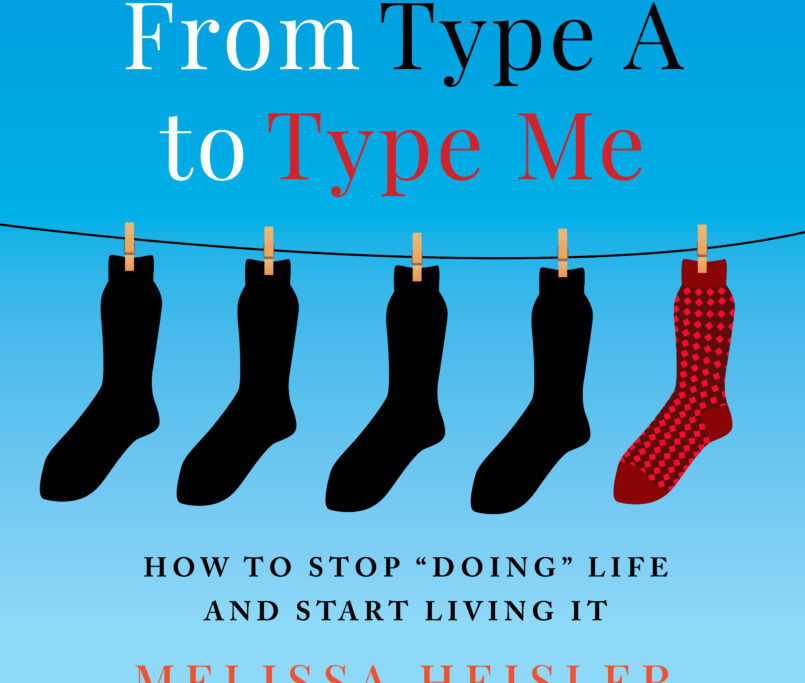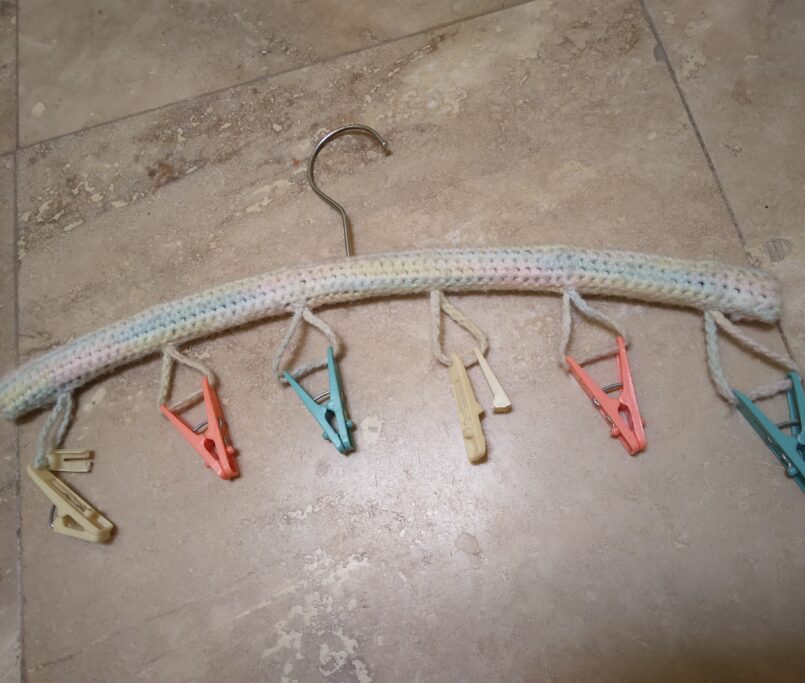Why do we hurt ourselves?
My mind is blown when I learn about words that other cultures have that we don’t. These other words may exist because it is something important or integral to that culture, or maybe it is just because it is. Either way, I find it fascinating. The most common example is that there are probably more than 10 Inuit words for snow while, of course, Americans probably have at least as many words for sandwich (sub, hoagie, hero, etc.). I find it intriguing when I learn a word that does not have a direct translation in my native language. For example, in Spanish and perhaps just in Mexican Spanish, tocayo means someone who has the same first name. If your name is Melissa, you are my tocayo. I can understand the concept of the word tocayo, but there is no direct English word translation. Anyhow, I was working up this week’s post and I learned a new Spanish word – desperdiciar – that played right into what I wanted to talk about this week.
What I have been thinking about is why I choose to do something to make myself feel better, which in truth, actually makes me feel worse. For instance, bread and dairy are not my friends. I can have a very little of each, but if I have too much or have it too frequently my body is not happy. Why then are a chocolate croissant and a mocha latte the first two things I think of when I have a challenging day? I want the luscious taste of these delicacies to make me feel better. Yes, the first taste feels like a gift. Yet when I finish and for hours afterward, my body is not happy with me. Do you have similar experiences whether regretting too much food, shopping, or binging on Netflix? Why do we look to external solutions to provide ourselves with joy and relief, when in reality, the “solution” causes us pain? Let’s look at this using the new Spanish verb I mentioned to understand the depth of our choice.
Aprovechar: Defined by SpanishDict.com means to take advantage of. In the local colloquial, it means to be beneficial. This is why when someone is eating, it is customary to say, “Provecho” which means hoping your meal is good or beneficial for you.
Desaprovechar: Adding “des” to the beginning of the word means the opposite. This verb means not taking advantage of something. The analogy my Spanish teacher came up with is if your friend is going to hang out with George Clooney on the weekend, and you don’t take advantage of the opportunity by asking to tag along. You have missed an opportunity. You have missed out on a benefit for you.
Desperdiciar: Is listed in dictionaries as a synonym of desaprovechar, yet it was described differently to me and I could not think of a word in English that means the same. This word can be seen as squandering or wasting an opportunity similar to desaprovechar, yet it goes deeper. It is not just to not take advantage of something, but it means to knowingly not choose what is beneficial. Following the Clooney example, you have asked to go to the party and are standing next to George but instead of talking to him, you choose to leave. You have not just missed or squandered an opportunity; you have knowingly chosen to go down a different, less desirable path. My teacher provided these additional examples. Yo desaproveché la oportunidad que tenía de robar un banco. I missed an opportunity to rob the bank; I didn’t act on the opportunity. Versus: Yo desperdicié mi vida esperando el amor a primera vista. I wasted my life waiting for love at first sight; I actively choose not to live until the arrival of something which never came.
Let’s apply these to my bad day food choices. If I had decided to have juice and a gluten-free bar, then I am actively choosing what is beneficial to me (aprovechar). If I see the healthy choices on the menu, but go with what I have always done and choose the croissant and latte, then I have missed what is beneficial to me (desaprovechar). Worse of all, if I knowingly stock my refrigerator with things that are bad for me and choose to only eat at bakeries, I am knowingly choosing what is bad for me (desperdiciar). Thankfully I more often make poor choices in the moment versus actively seeking the bad choices, but either way, I am not always choosing what is best for me. I don’t know if I can determine why I choose again and again “rewards” which hurt more than help. What I can do is my very best to make better choices in the moment through awareness, courage, and connection.
Awareness: Play detective in your life. Are the choices you are making helping or hurting you? Is what you have always done making your life better or is it time to find a different way? Instead of just complaining about how you feel, find out why you feel emotionally, mentally, and physically like you do. We can not fix that which we are not aware.
Courage: Be brave enough to explore the pain you are trying to soothe with vices outside of yourself. Look at and experience your feelings instead of hiding from them. Explore the thoughts behind those feelings. Examine why you reach for poor solutions. Be brave enough to see your truth.
Connection: Having the courage to look at our self and our choices is powerful, but not enough. I spent years doing self-help, by myself. It only got me so far. There is a magical power that happens when we reach out to someone else. Maybe we share what is going on with us. Maybe we ask someone else how they are doing. Either way, connecting with another gets us out of our head and into the world. We often feel like we are all by ourselves, yet the truth is, we are all connected and just need to reach out to find support. Making that human connection can do more for you, without the side effects that a chocolate croissant and a mocha latte have.





